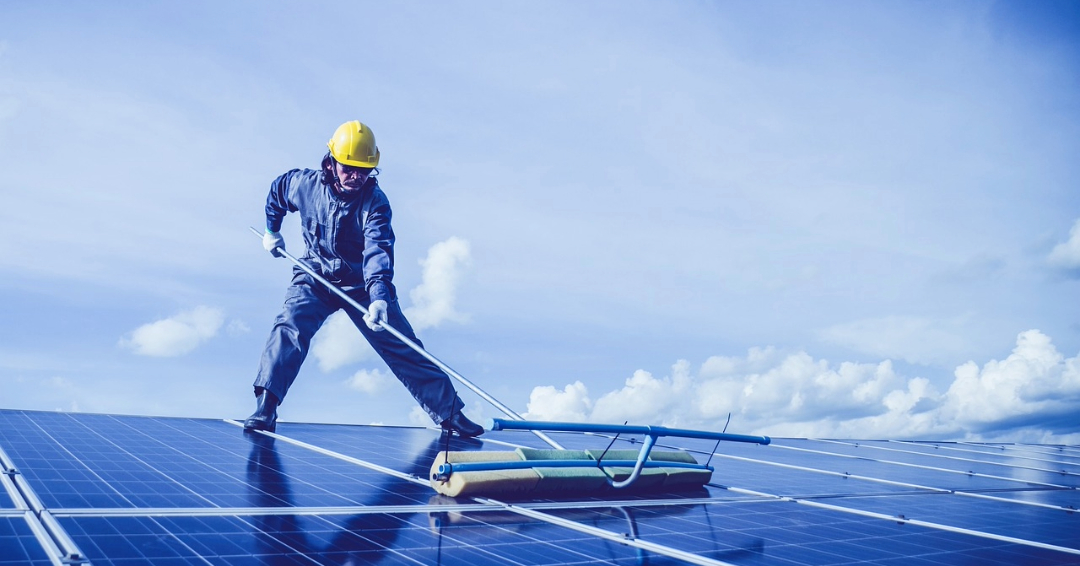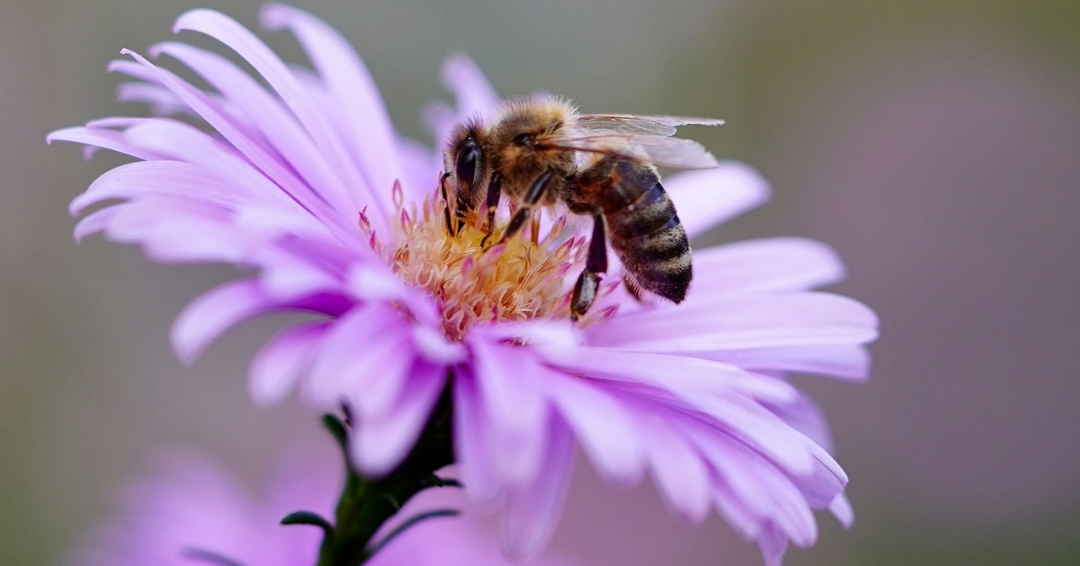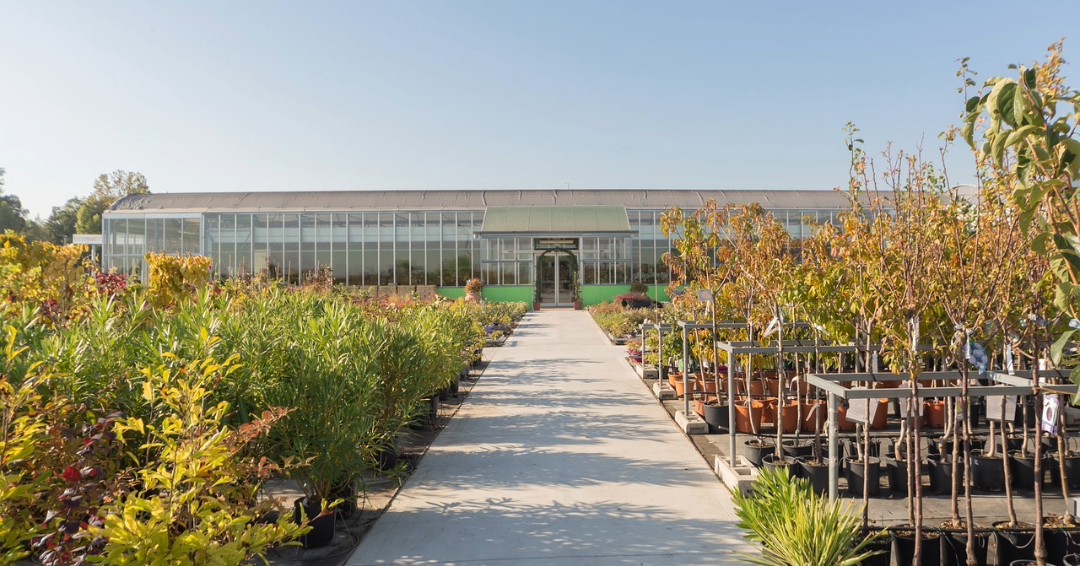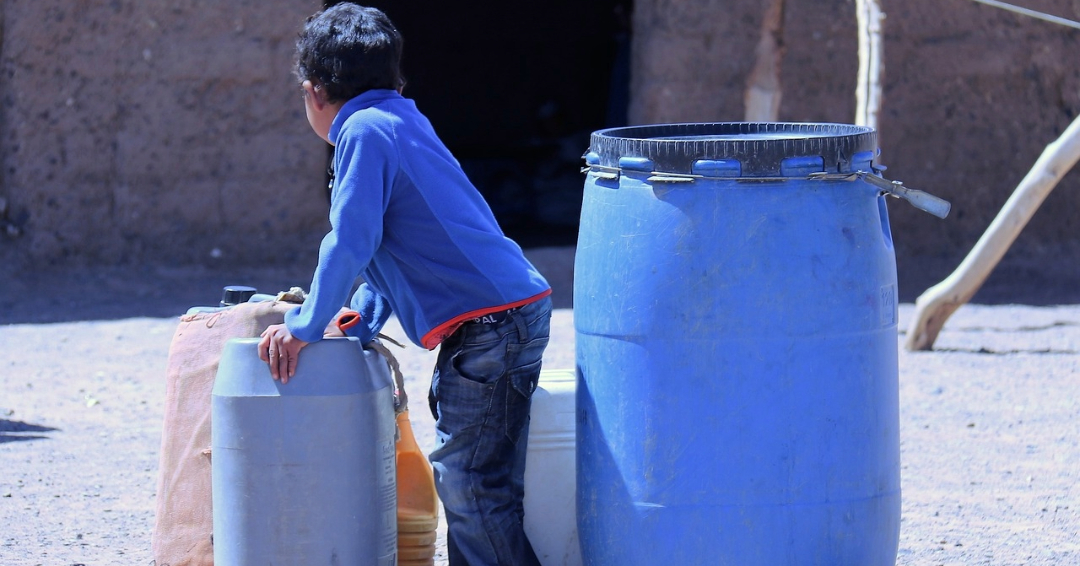Net Zero powered by Pur și Simplu Verde provides concise news, articles, and useful information about the goal of achieving net zero emissions
Net zero refers to reaching an equilibrium between emitting greenhouse gases and absorbing them. The European Union wants to reach net zero (climate neutrality) by 2050. This website publishes new scientific discoveries, local and foreign initiatives, and public policies meant to bring us closer to net zero. It was created combining Artificial Intelligence and human input from our volunteers. It is accessible in both Romanian and in English.You can send us articles you want to see published on this site or suggestions here. Enjoy!
LinkedIn reports that green jobs, focusing on sustainability and environmentally-friendly activities, constitute one-third of job postings in the UK. Among the fastest-growing roles are land acquisition managers, waste management specialists, and sustainability analysts. The growth in green jobs aims to offset employment losses in sectors undergoing a green transformation. The EU estimates the potential loss of nearly 500,000 roles in fossil fuel-related areas during the journey to net-zero targets. However, the UK has already created 250,000 green jobs, with a government commitment to reach 2 million by 2030. The demand for green roles extends to fields like...
Studies project that solar power will constitute 10% of global electricity by 2030, with a significant portion generated in sunny desert areas. However, dust accumulation in such regions poses a major challenge, reducing solar panel efficiency by about one-third within a month without cleaning. Around 10 billion gallons of water are currently used annually to clean solar panels and many major solar power plants spend around 10% of their operating costs on water cleaning. It is a significant waste of resources that could be utilized elsewhere. Waterless cleaning for solar panels is currently inefficient and labor-intensive, often causing irreparable scratches that reduce panel effectiveness. To address this, MIT researchers have developed an innovative, waterless...
In the quest for a greener future, Europe is spotlighting its buildings as a crucial battleground in the fight against climate change. Buildings account for the largest share of energy consumption across the continent and 85% of them predate 2000. Unfortunately, 75% of the buildings lag in energy performance. Addressing this inefficiency is pivotal in steering Europe towards a carbon-neutral and emission-free building stock by 2050. To catalyze this transformation, the European Union has set forth a robust legislative framework anchored by the Energy Performance of Buildings Directive EU/2010/31 and the Energy Efficiency Directive EU/2023/1791. There is a proposed revision aimed to elevate the regulatory framework ,that will go through formal adoption in early 2024, in order to become aligned with heightened climate and social action ambitions . The revised directives focus on...
Last year, 2023, saw a 1.48 degrees Celsius rise above pre-industrial averages, according to the EU's climate service, making it the warmest year on record. Each day since July marked a new global air temperature high. Scientists were struck not only by the record-breaking nature of 2023 but also by the significant margin by which it surpassed previous records. Other global indicators were equally alarming. Antarctic sea-ice hit a "mind-blowing" low, glaciers in North America and the Alps melted dramatically, and marine heatwaves surged across the world's oceans. Ocean surface temperatures have been breaking records consistently since May 4, 2023, raising concerns for 2024. The unpredictable El Niño adds uncertainty, with the potential for 2024...
Africa's skies are witnessing a worrying trend - a collapse in the population of its birds of prey. A recent study, published in Nature Ecology and Evolution, sheds light on the alarming disappearance of several critical raptor species across the continent over the past four decades, primarily due to the conversion of natural habitats into farmlands. Almost 90% of the 42 studied raptor species have declined, and over two-thirds of them are globally threatened.The decline is especially dramatic in West Africa. Dr. Phil Shaw, the study's lead author from the University of St Andrews, warns of potential consequences for humanity due to the decline of apex raptors. Drawing parallels with the decline of Indian vultures, that led to an increase in rabies cases...
The backbone of countless everyday products, from smartphones to renewable energy technologies, lies in critical raw materials such as cobalt, germanium, and platinum group metals. Recognizing their pivotal role, the European Commission champions projects dedicated to recovering these crucial materials. At the forefront of this endeavor stands the EU-funded ION4RAW project, which spearheads a paradigm shift towards a more sustainable and efficient method of extracting metals from primary resources. It breaks away from traditional hydrometallurgical processes that often rely on toxic substances detrimental to the environment. The core methodology is centered around leaching with deep eutectic solvent (DES) ionic liquids and electrorecovery. These DES compounds is characterized by their eco-friendliness and chemical stability. Their composition includes Lewis and Brønsted acids with varying melting temperatures...
Research on bees, butterflies, and other pollinators is critical for our ecosystem and economy. The EU-funded Safeguard project, dedicated to protecting these vital creatures, has released an open-access collection in the 'Research Ideas and Outcomes' (RIO) journal. This compilation aims to boost the visibility of research outcomes and create a collaborative space for knowledge exchange. One standout addition to this collection is a study on Serbia's wild bee fauna, a lesser-explored area in Europe. Research across 54 sites in Serbia discovered 312 bee species. Among them, 25 were new to Serbia, and 79 were known only from literature. Six species are threatened, and 67 are Data Deficient in the European Red List of Bees, highlighting potential extinction risks. This study....
CIFOR-ICRAF stands for Center for International Forestry Research - World Agroforestry. CIFOR-ICRAF’s ongoing work highlights the crucial role trees play in sustaining our environment and livelihoods. Their Regreening Africa project,spread across eight countries, has helped thousands of households adopt agroforestry practices, leading to a 60% increase in regreening efforts across vast areas. In Ethiopia, the focus on ensuring high-quality seeds for tree planting initiatives is a key part of the effort to restore forests. CIFOR-ICRAF's tools, like the climate change atlas and planting portal, are reshaping reforestation strategies, with plans to expand to other nations in the region. The organization's efforts in understanding tree genetics, including a vast database of plant species...
The surge toward electric vehicles (EVs) as a greener alternative to traditional gas-powered cars often sparks debates about their actual environmental benefits. While EVs do not live up to the zero-emissions tagline due to emissions generated during production and charging, they undeniably hold a significant advantage in reducing overall carbon footprint over their lifetime compared to internal combustion engine vehicles. The creation of lithium-ion batteries, a pivotal component in EVs, involves the use of minerals requiring fossil fuels for extraction and processing. Consequently, the production of an EV battery can generate significantly more emissions compared to a gas car (around 80% more).
Water scarcity remains a critical global challenge impacting communities worldwide. With conventional water sources depleting due to climate change and soaring demand, countries facing water scarcity confront multifaceted challenges affecting their sustainability and potentially triggering social unrest. From harvesting fog in dry regions using vertical mesh systems to cloud seeding for rain enhancement, innovative technologies are reshaping water procurement. Fog water collection projects in Chile, Eritrea, Israel, and Oman illustrate the viability of tapping into fog as a drinking water source. Additionally, cloud seeding technology has demonstrated the potential to increase precipitation by up to 20%. Micro-catchment rainwater harvesting...











